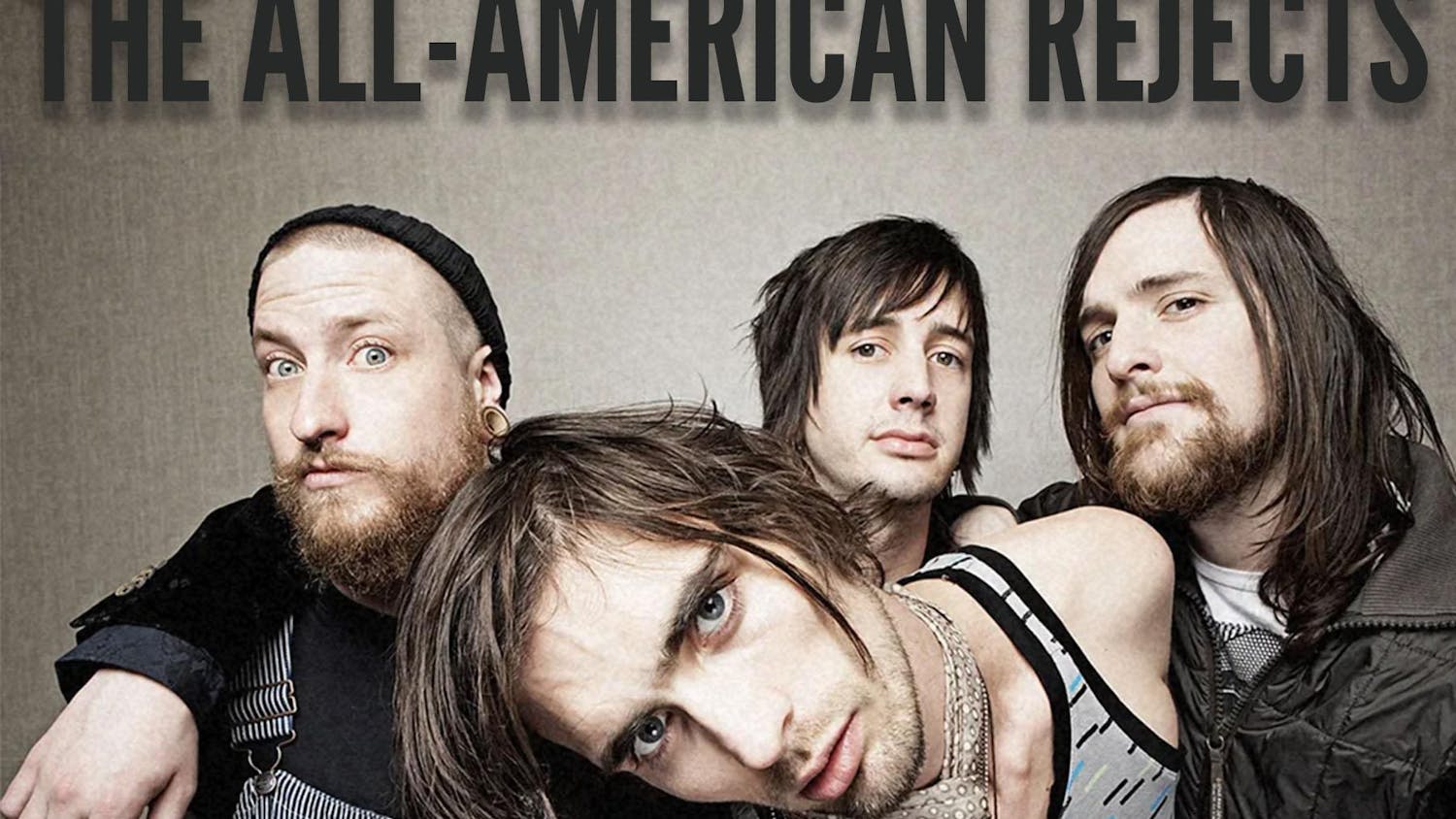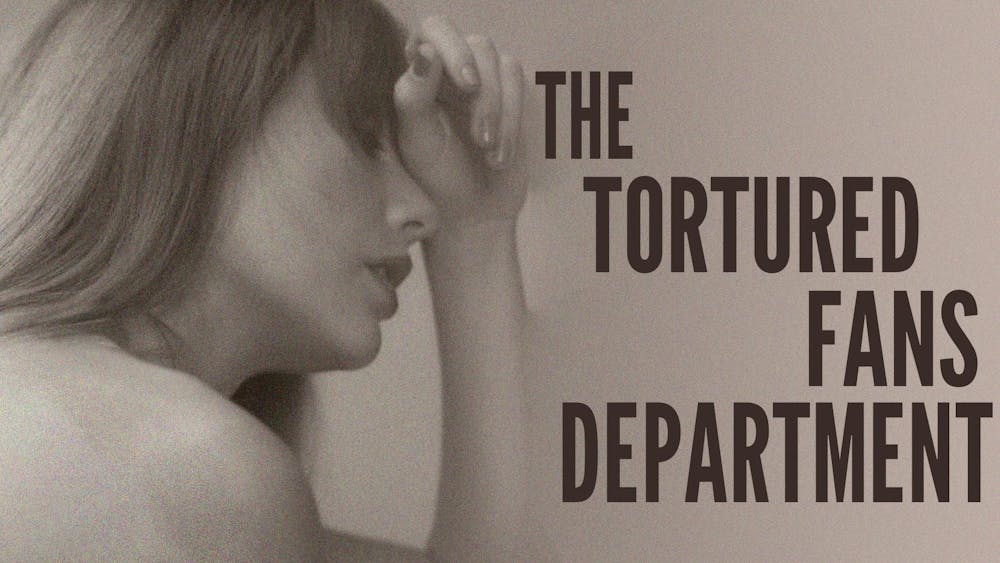
Emily Danaher
Emily Danaher
I hadn’t read the book and I didn’t plan to. Still, somehow, I ended up in a theater over fall break watching “The Maze Runner” movie. It was raining, all the museums were closed and we really didn’t want to see the new Nicholas Sparks movie. It was the best choice, but still, I couldn’t imagine I’d actually enjoy the movie all that much. Apparently, I was wrong.
I’ve never been the type of person to see the movie before I read the book. In general, I think that’s a poor practice. But I did it for “The Maze Runner” and I have to admit, I think it’s probably what saved me from being sorely disappointed with the movie.
The end of “The Maze Runner” (both the book and the movie) is sort of mind-boggling, one of those cliff-hangers where you race to the bookstore to get the sequel because you just can’t stand to let it hang in your mind for any longer than absolutely necessary. So of course, after seeing “The Maze Runner,” I went out and purchased the entire book series at Target.
The book and the movie are the same general plot line, but the movie changes nearly all the little details. I imagine if I’d seen the movie after reading the book, this would have bugged me a lot more than it did. Given that I did it the other way around, I had a weird sense of empathy for why the movie changed what it did — certain things, upon reflection, didn’t seem to make sense in a movie context and usually, I decided the way the movie rendered it was probably a better option.
With that said, I think I still would have enjoyed the movie. It stars two of my favorite actors (Dylan O’Brien and Kaya Scodelario, whose character Effy Stonem on “Skins” is one of my favorite of the series) and it was an enjoyable, if emotionally tumultuous, way to avoid the rain for a couple hours.
The movie does an excellent job at introducing the ideas of “The Maze Runner” to someone who had only the vaguest idea about what happened in the books. Its presentation of the more confusing aspects (i.e. the sudden memory loss or the coding within the maze) simplified the ideas so that they made sense on screen. There wasn’t space in the movie for the long explanations the book is able to give — there was no voice-over narrator to explain those things that the book gives only in protagonist Thomas’ thoughts.
I think this works cinematically. The story was compelling and kept me on the edge of my seat throughout the entire movie. It made me want to read the books. This, of course, only made me realize once again what movies always seem to miss out on when they translate a book from page to screen.
“The Maze Runner” isn’t “The Hunger Games” and I’m not sure it will ever quite reach that level. In terms of dystopian YA fiction, I’d place the movie on par with the “Divergent” movie and leap years ahead of “The Giver” movie (I’m pretty forgiving on cinematic changes, but that was a bit too far). It’s not quite the same story James Dashner originally wrote but the underlying theme is the same and the finale gave me the same adrenaline rush reading and watching. It’s kind of fun and not too complicated in its critiques of our modern society — in a nutshell, it’s all I could ever really ask from a YA dystopian fiction, novel or movie.













